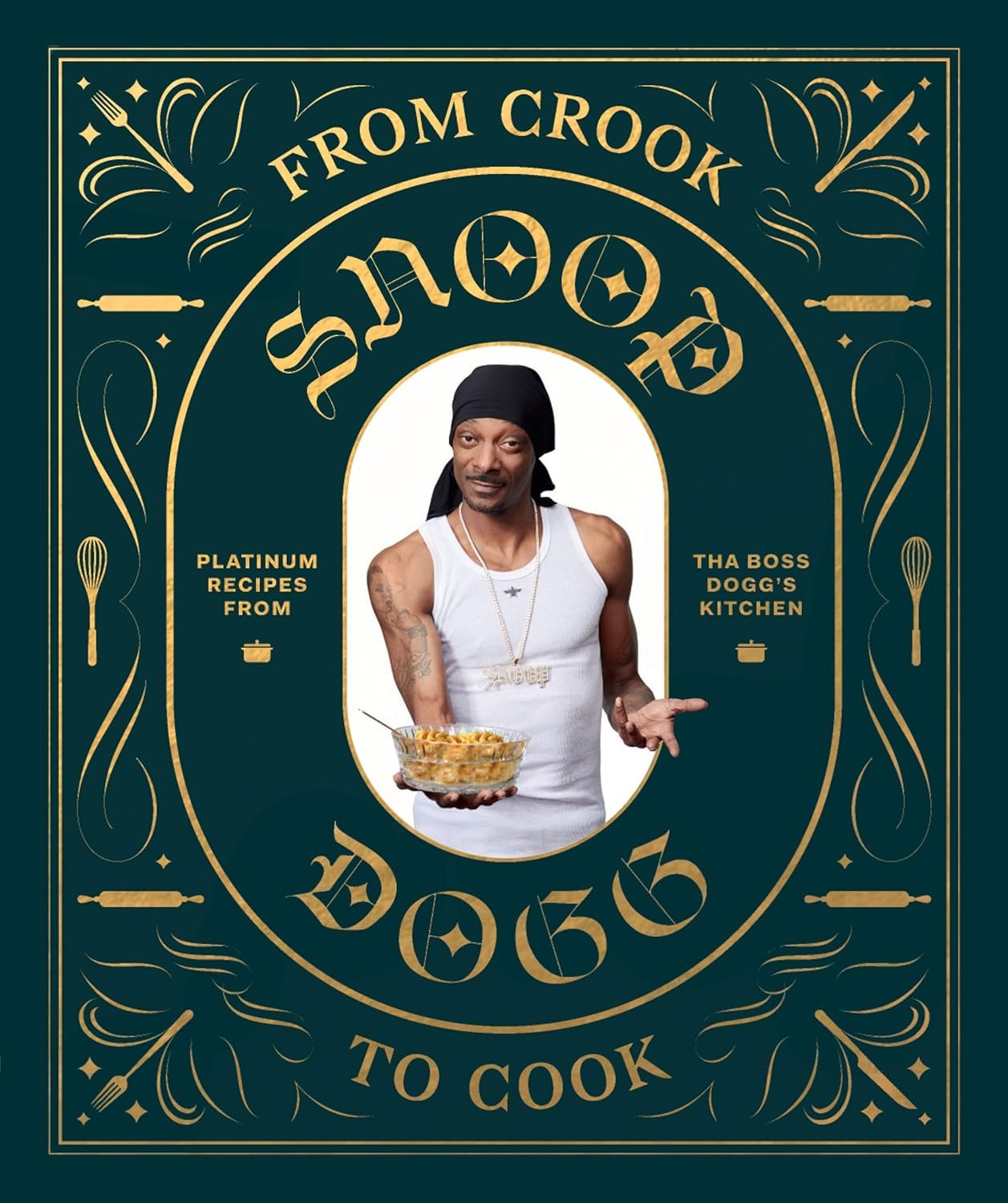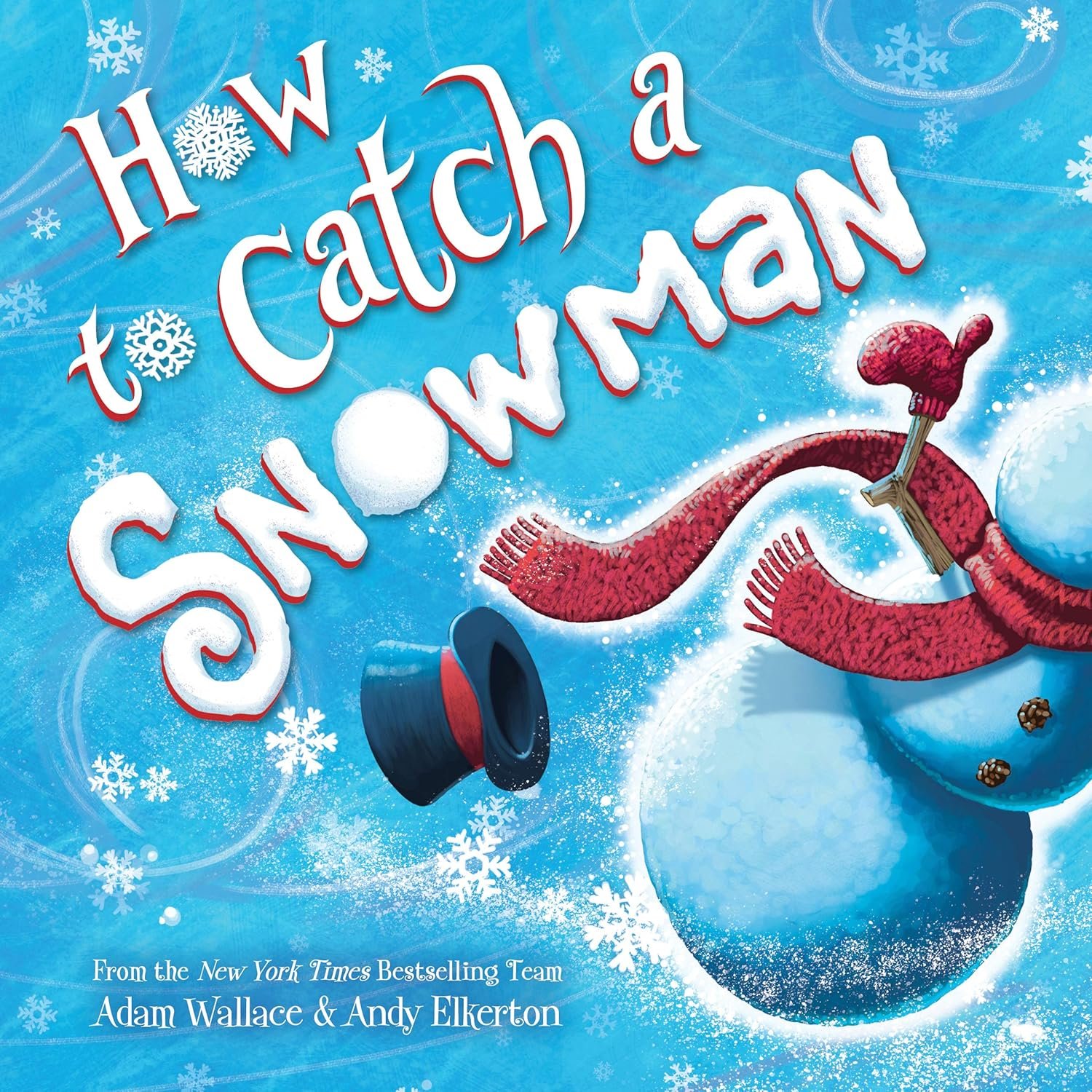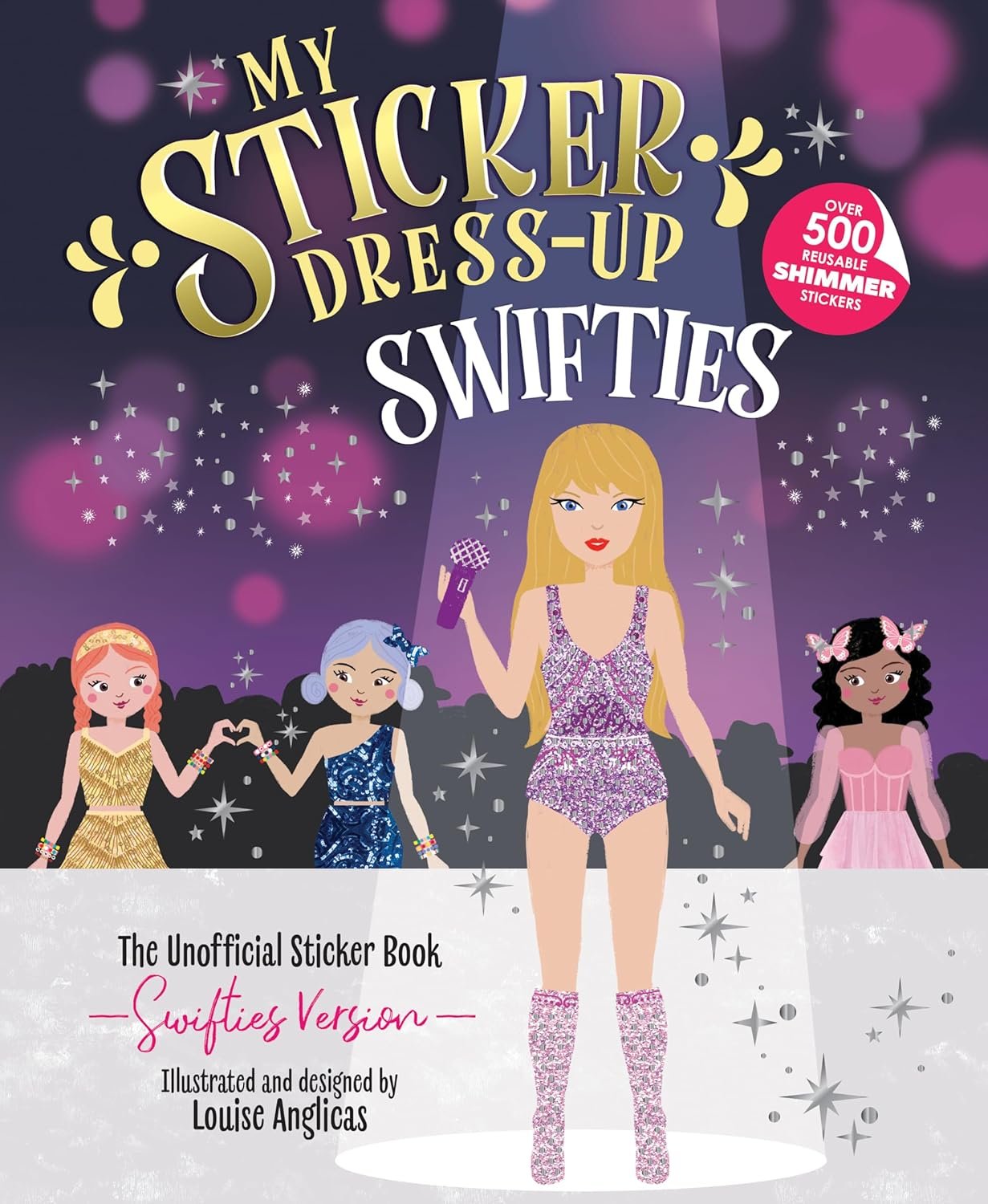I gave Agent Briggs the go-ahead to talk to my father. My father called me. Less than a week after I told my dad this was what I wanted, I got word that Briggs had obtained the necessary permissions. My paperwork had gone through. That night, I quit my job at the diner. I took a shower, changed into my pajamas, and prepared for World War III.
I was going to do this. I’d known that from almost the moment that Agent Briggs had started speaking. I cared about my grandmother. I did. And I knew how hard she and the rest of the family had tried to make me feel loved, no matter how I’d come to them or how much of my mother there was in me. But I’d never really belonged here. A part of me had never really left that fateful theater: the lights, the crowd, the blood. Maybe I never would, but Agent Briggs was offering me a chance to do something about it.
I might never solve my own mother’s murder, but this program would turn me into the kind of person who could catch killers, who could make sure that another little girl, in another life, with another mother, would never have to see what I had seen.
It was morbid and horrifying and the very last life the family would have imagined for me—and I wanted it more than I had ever wanted anything.
I combed my fingers through my hair. Wet, it looked dark enough to pass for brown instead of auburn. The steam from the shower had brought some color into my cheeks. I looked like the type of girl who could belong here, with this family.
With wet hair, I didn’t look so much like my mother.
“Chicken.” I leveled the insult at my own reflection and then pushed back from the mirror. I could stay here until my hair dried—in fact, I could stay here until my hair went gray—and that wouldn’t make the conversation I was about to have any easier.
Downstairs, Nonna was curled up in a recliner in the living room, reading glasses perched on her nose and a large-print romance novel open in her lap. She looked up the second I stepped in the room, her eagle eyes sharp.
“You are ready for bed early,” she said, no small amount of suspicion in her voice. Nonna had successfully raised eight children. If I’d been the type to make trouble, there would have been none that I could have stirred up that she hadn’t already seen.
“I quit my job today,” I said, and the sparkle in her eyes told me those had been the wrong words to lead with. “I don’t need you to get me a new one,” I added hastily.
Nonna made a dismissive sound under her breath. “Of course not. You are independent. You do not need anything from your old Nonna. You do not care if she worries.”
Well, this was going well.
“I don’t want you to worry,” I said, “but something’s come up. An opportunity.”
I’d already made the executive decision that Nonna didn’t need to know what I’d be doing—or why. I stuck to the cover story that Agent Briggs had given me. “There’s a school,” I said. “A special program. The director came to see me last week.”
Nonna harrumphed. “He talked to Dad.”
“The director of this program talked to your father,” Nonna repeated. “And what did my son say to this man who could not be bothered to introduce himself to me?”
I explained as much as I could. I gave her a pamphlet that Agent Briggs had given me—one that didn’t mention words like profiling or serial killers or FBI.
“It’s a small program,” I said. “At a kind of group home.”
“And your father, he said you could go?” Nonna narrowed her eyes at the smiling kids on the front of the pamphlet, like they were personally responsible for leading her precious granddaughter astray.
“He already signed the papers, Nonna.” I looked down at my hands, which had woven themselves together at my waist. “I’m going to go.”
There was silence. Then a sharp intake of breath. And then an explosion.
I didn’t speak Italian, but based on the emphatic gestures and the way she was spitting out the words, I was able to make an educated guess at a translation.
Nonna’s granddaughter was moving cross-country to enroll in a government-sponsored gifted program over her dead and rotting corpse.
— — —
Nobody stages an intervention like my father’s family stages an intervention. The Bat-Signal had nothing on the Battaglia-Signal, and less than twenty-four hours after Nonna sent out the distress call, the family had gathered in force. There was yelling and screaming and crying—and food. Lots of food. I was threatened and cajoled, browbeaten and clasped to multiple bosoms. But for the first time since I’d met this half of my family tree, I couldn’t just temper my reactions to theirs. I couldn’t give them what they wanted. I couldn’t pretend.
The noise built to a crescendo, and I drew into myself and waited for it to
pass. Eventually, they’d notice that I wasn’t saying anything.
“Cassie, sweetheart, aren’t you happy here?” one of my aunts asked finally. The rest of the table fell silent.
“I’m …” I couldn’t say any more than that. I saw the realization pass over their faces. “It’s not that I’m not happy,” I interjected quickly. “It’s just …”
For once, they heard what I wasn’t saying. From the moment they’d learned of my existence, I’d been family to them. They hadn’t realized that in my own eyes, I’d always been—and maybe always would be—an outsider.
“I need to do this,” I said, my voice as quiet as theirs had been loud. “For my mom.”
That was closer to the truth than I’d ever meant to tell them.
“You think your mother would have wanted you to do this?” Nonna asked. “To leave the family that loves you, that will take care of you, to go off to the other side of the country, alone, to do God knows what?”
It was meant as a rhetorical question, but I answered it: vehemently, decisively.
“Yes.” I paused, expecting an argument, but I didn’t get one. “I know you don’t like it, and I hope you don’t hate me for it, but I have to do this.” I stood up. “I leave in three days. I’d really like to come back for Christmas, but if you don’t want me here, I’d understand.”
Nonna crossed the room in a second, surprisingly spry for someone her age. She poked a vicious finger into my chest. “You come home for Christmas,” she said in a manner that made it quite clear she considered it an order. “You even think about not coming home?” She narrowed her eyes and drew her poking finger across her neck in a menacing fashion. “Capisce?”
A smile tugged at the edge of my lips, and tears burned in my eyes.
“Capisce.”





